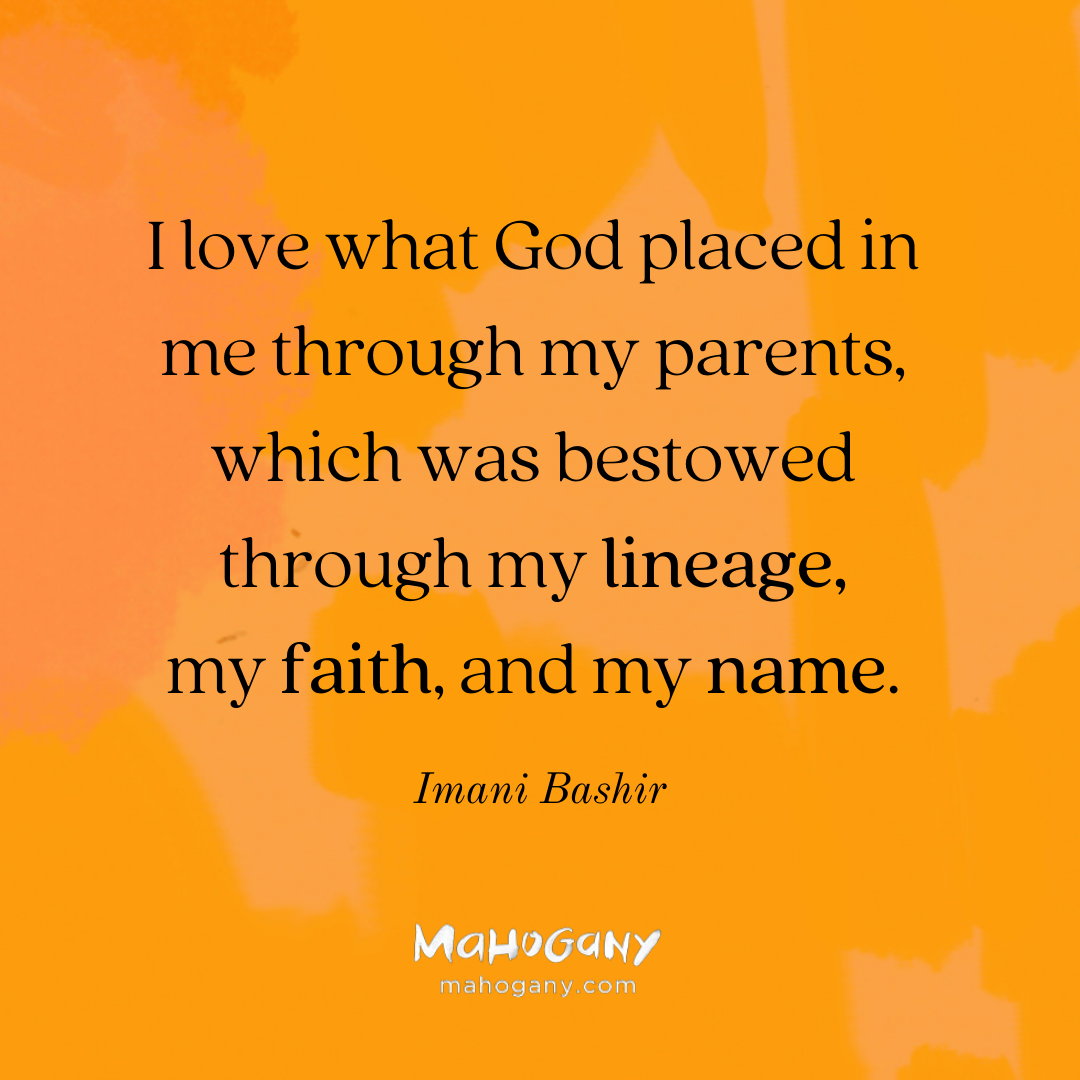I remember the first time my mother put one of those little-girl khimars (a head covering that Muslim girls and women wear) on me to go to school. I was in kindergarten and only 4 years old. She had never done it before and that form of hijab (overall modesty of dress, speech, and action for all Muslims) isn’t necessary until after you hit puberty, so 4-year-old me was stressed and perplexed at such a seemingly random moment.
I tried to figure out a way around it. I remember planning out everything I’d do because saying I ‘felt ill’ wasn’t an option for a kid like me who loved school and socializing.
As we walked up the elementary school’s front steps, I decided I was going to enter the coat closet, toss the khimar into my bookbag, and exit out the opposite end before anyone could notice anything. And that’s exactly what I did. But then, this overwhelming feeling of shame crept into my belly. I kept looking back at the door to see if maybe my mother had been watching all along and was mortified at what I had done.
I always look back on that experience as the day that sparked my constant resistance to loving who I was, but it also motivated the decades I spent learning to, as Audre Lorde once said, “define myself, for myself.”
As an adult, I can now pinpoint why I didn’t love the many aspects that made me so unique as a child. I was born and raised Muslim with a name that has a beautiful meaning, yet I hated both because I didn’t get the option to choose for myself. My faith and my name were thrusted upon me with the expectation that I would step into them with the vigor of someone who had done life much longer.
As a Black American girl, I hated that girls with names like “Ashley” or “Tiffany” never had to play 21-questions about their identities. No one ever asked them, “…But where are you really from?” No one ever put extra accents on their names when pronouncing them or questioned why they didn’t choose the rectangular pizza in the cafeteria that had pepperoni on top. Nope. Not them—just me.
My mother and father had so much pride in who they were, but it missed me completely. So, I shrunk myself. I became more fixated on other people’s approval. And no matter how much my parents attempted to affirm and positively reinforce who they thought I was or who I was destined to be, I had to navigate life as me—they didn’t. Life has constantly held up a mirror for me and asked, “Who do you want to be? How do you want to show up?”
What I understand now, in the 31 years since that quick change in the kindergarten coat closet, is that no one else could affirm the love I needed to have for myself.
The ‘internet girls’ might tell you self-love is taking a trip to the spa or catching flights, not feelings. While the ‘healing girls’ may tell you that self-love begins with therapy and undoing childhood traumas. . . Meanwhile, I’m catching flights to the spa while talking to my therapist about how to undo childhood trauma—because self-love isn’t one-size-fits-all. How we care for ourselves is an expression of how we see ourselves and love ourselves. It’s a process.
I had to be the one to decide: either stand in my identities and own them or discard them and create anew. I love what God placed in me through my parents, which was bestowed through my lineage, my faith, and my name. So, that’s what I chose. Getting to that place was my own journey—one of many. There’s no better self-love than pride in identity and all the uniqueness that makes you, you!
So, how has identity played a role in how you see yourself?
Leave a Comment



Great!! We learn how to slowly step away from what others want us to be, and how they see us as an individual. The experience of growing into who we are is a great journey.
G.P.
It’s so powerful!